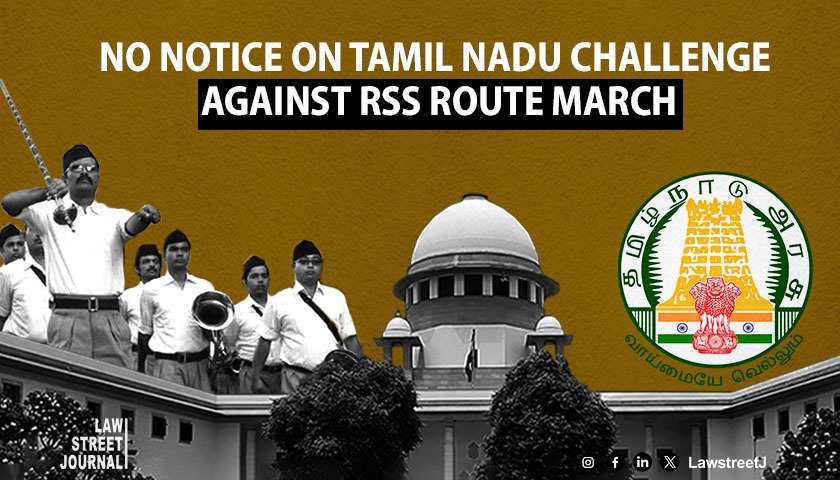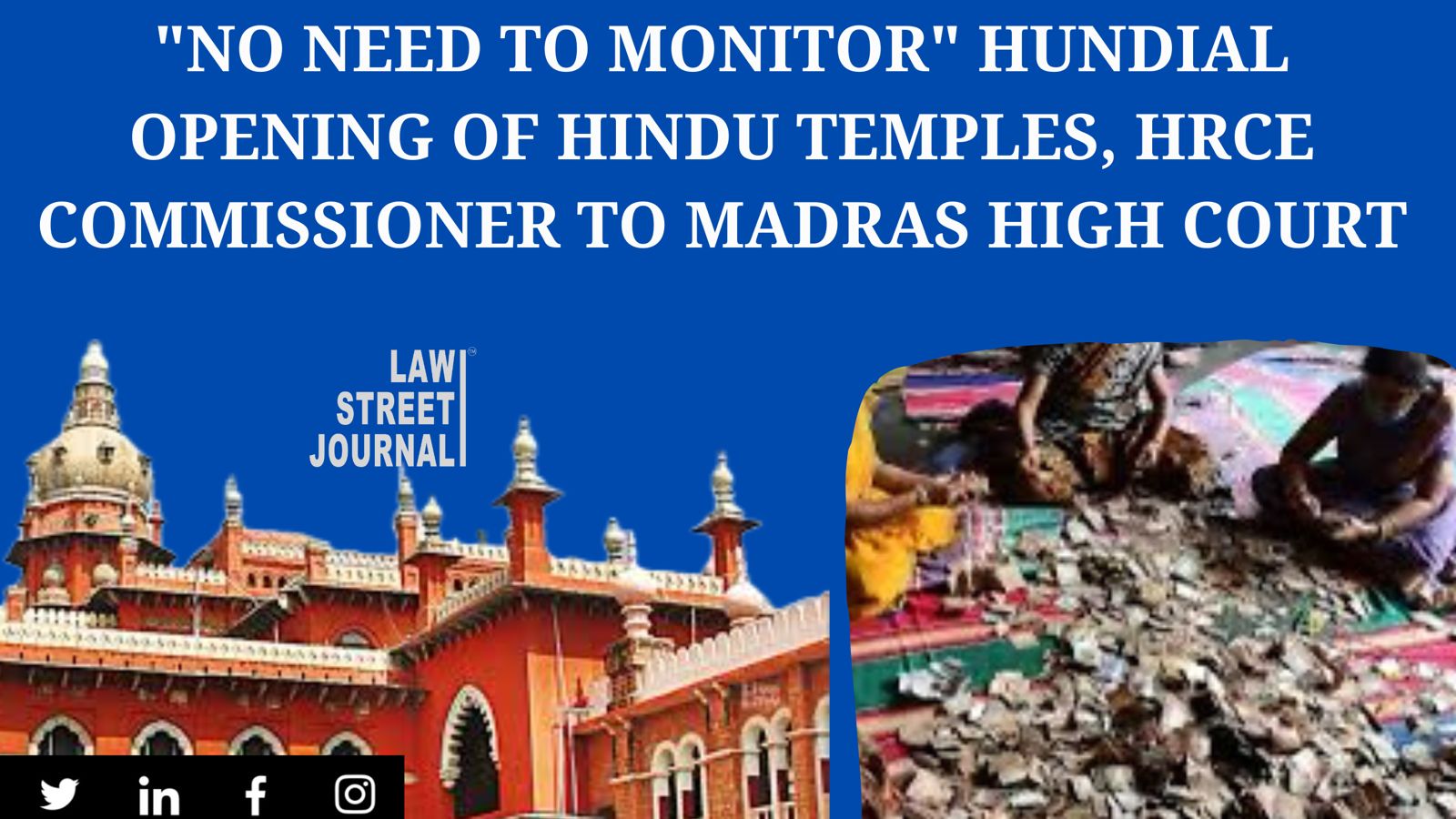Chennai: The Madras High Court on Tuesday asked the state government to consider providing 1% horizontal reservation to the members belonging to transgender community across all caste categories in education and public employment.
A bench of Chief Justice Sanjay V Gangapurwala and Justice D Bharatha Chakravarthy has asked Advocate General R. Shunmugasundaram for a response by March 6. The AG is expected to take instructions from government officials now. During the course of the heairng, the bench was apprised that said it was a policy decision which had to be taken at the highest level.
Horizontal reservation is given to a class or group of people within the same category or level. For example, SC/ST/OBC are grouped under one class and given horizontal reservation.
Vertical reservation is the reservation of seats in institutions for those from a particular caste, class, and gender. This type of reservation is provided to those historically discriminated against. These include people from lower castes, women, physically-challenged people, etc
The Bench was hearing a PIL plea by transgender activist Grace Banu Ganesan. Senior Advocate Jayna Kothari appearing for the petitioner submitted that though that though Tamil Nadu was a pioneer in transgender persons upliftment, the reservation policy for the community in the State was 'somewhat complicated'.
Under the current State policy, transgender persons who declare themselves as women are eligible for horizontal reservation provided for women across all caste categories. However, those who declare themselves either as men or as of the third gender, were considered either under their respective caste category or under the Most Backward Class (MBC) category, whichever was beneficial for them.
The Bench agreed to this argument which prompted them to seek State government's response.
Kothari also pointed out how Karnataka HC had earlier asked State government to implement 1% reservation for transgenders and that the was implemented. Such a 'simple solution' would solve the current issue, she said.

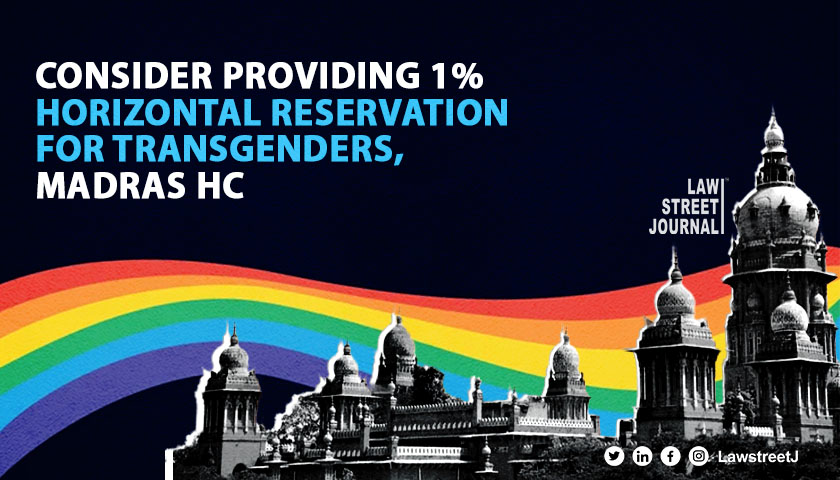
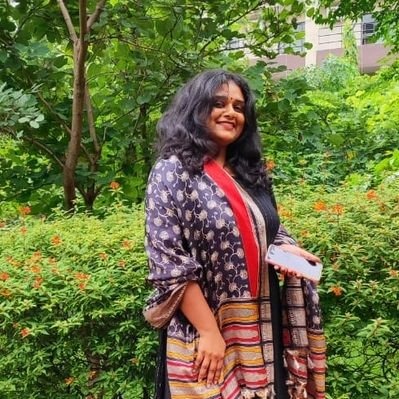




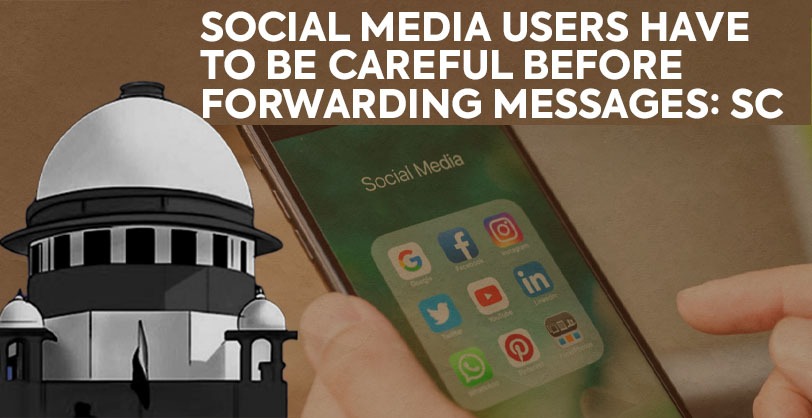
![Madras High Court Directs Tamil Nadu Government to Ensure Quota for Transgenders in Local Body Elections [Read Order]](/secure/uploads/2023/08/lj_2507_7a03d113-08b1-4670-b6fb-9058aee481d0.jpg)
